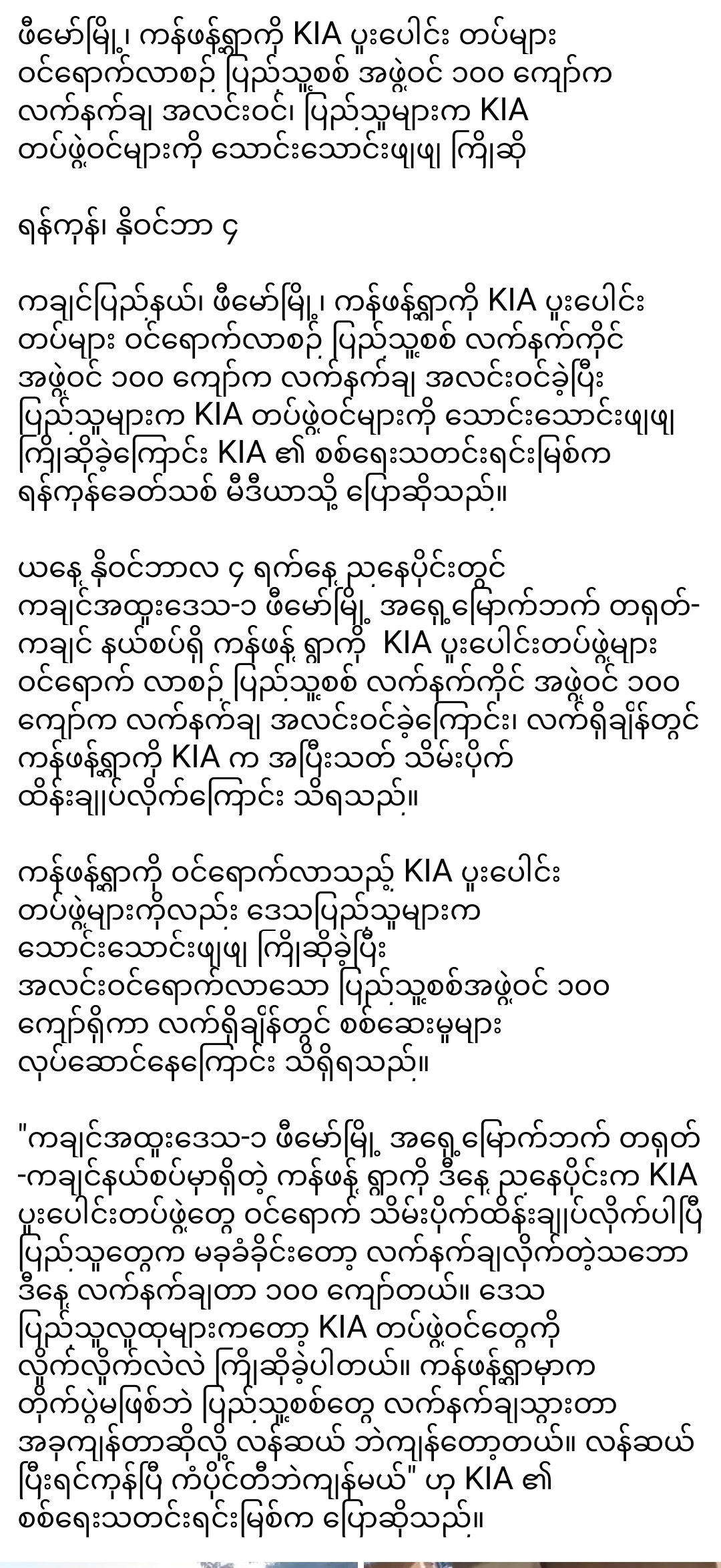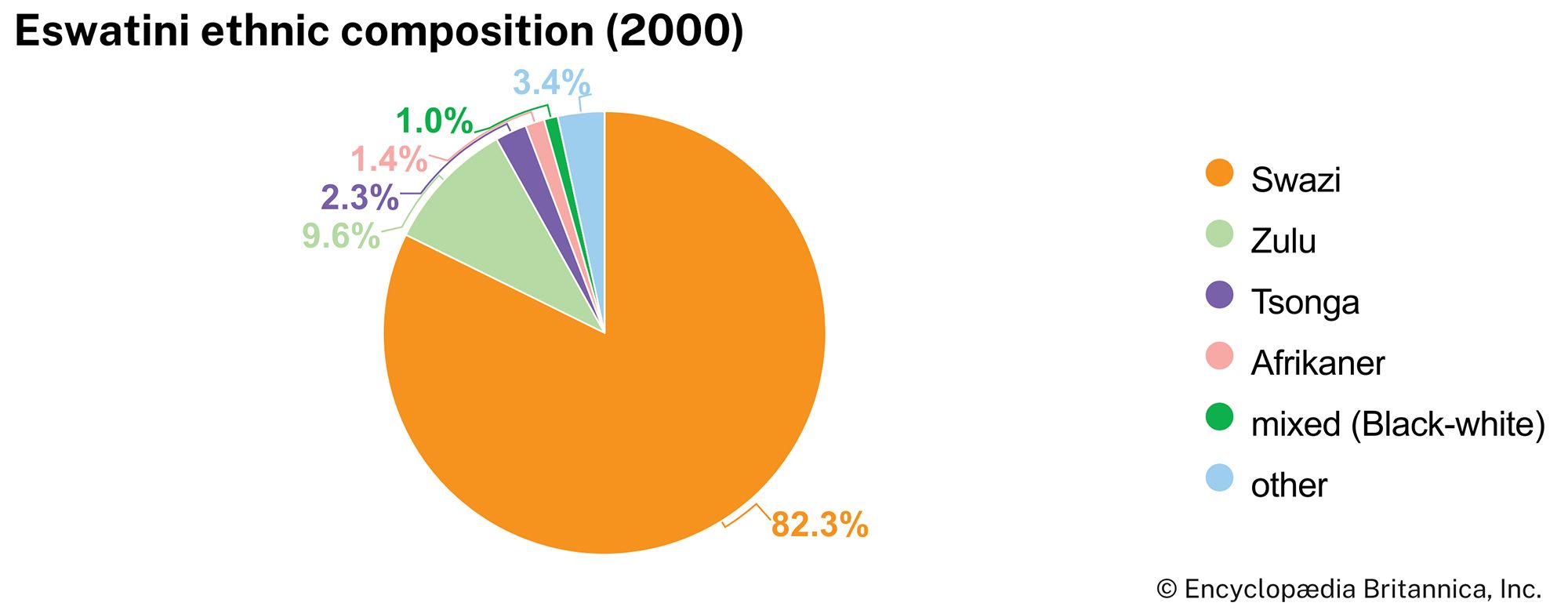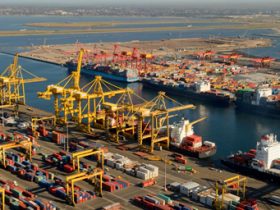
Eswatini’s main trading countries
Eswatini, a landlocked country in Southern Africa, relies on both regional and international trade partners to sustain its economy. Although relatively small in size, Eswatini’s strategic position near South Africa, its largest trading partner, significantly influences its trade dynamics. The country’s main trading partners, South Africa, the United States, and the European Union, contribute to Eswatini’s exports and imports in various ways, impacting its economic stability and growth.
South Africa: Eswatini’s Closest Trade Partner
South Africa plays a critical role in Eswatini’s trade network, being its largest trading partner. Around 60-70% of Eswatini’s imports come from South Africa, encompassing essential goods like fuel, machinery, food products, and chemicals. The close geographic proximity and Eswatini’s membership in the Southern African Customs Union (SACU) facilitate trade between the two countries. This partnership allows Eswatini access to South Africa’s developed infrastructure, helping to streamline the transportation of goods.
For exports, South Africa also absorbs a substantial portion of Eswatini’s products, including sugar, wood pulp, textiles, and citrus fruits. Eswatini’s sugar industry is particularly significant, contributing considerably to its GDP, and South Africa provides a stable market for it. Additionally, the countries share cultural and business ties, which further strengthen trade relations.
The United States: A Key Export Market
The United States has become an essential export destination for Eswatini due to initiatives like the African Growth and Opportunity Act (AGOA), which grants Eswatini duty-free access to the U.S. market for a range of products. Under AGOA, Eswatini exports textile products, handicrafts, and other goods, creating valuable economic opportunities. The textiles and apparel sector, one of Eswatini’s major industries, heavily relies on AGOA’s benefits, as it provides jobs for thousands of people in the country.
Eswatini’s trade relationship with the United States offers both economic diversification and access to one of the largest consumer markets in the world. While AGOA has been instrumental, changes to trade policies or shifts in demand in the U.S. can have significant implications for Eswatini’s economy, underscoring the importance of this trading partnership.
European Union: A Growing Export Market
The European Union (EU) is another vital trade partner for Eswatini, providing access to a diverse consumer base. Eswatini’s Economic Partnership Agreement (EPA) with the EU allows for duty-free and quota-free access to the EU market for various products. The EU is a significant destination for Eswatini’s sugar, citrus fruits, and canned fruits, with these exports benefiting from the favorable terms of the EPA. The demand for sustainably produced sugar and fair-trade products in Europe has also helped Eswatini to expand its agricultural exports.
While Eswatini’s exports to the EU may be smaller in volume compared to its trade with South Africa, the EPA offers a reliable market that helps diversify Eswatini’s economic dependencies. This relationship allows Eswatini to reach European markets, contributing to economic stability through diversified trade.
Regional and Global Trade Partnerships
Apart from these main partners, Eswatini trades with other neighboring countries in the Southern African Development Community (SADC), including Mozambique, Botswana, and Namibia. These countries provide additional markets for agricultural products, and Eswatini’s membership in both SACU and SADC helps it to benefit from reduced tariffs and trade barriers within the region. In addition, Eswatini imports goods from Asia, particularly China and India, which supply machinery, electronics, and textiles at competitive prices, supporting Eswatini’s manufacturing sector.
Challenges and Opportunities
Despite these trade relationships, Eswatini faces several challenges, including its dependence on South Africa, which makes it vulnerable to economic changes in that country. Currency fluctuations, changes in trade policies, and shifts in South Africa’s demand for Eswatini’s exports can all impact Eswatini’s economy. Furthermore, trade with the EU and the U.S. is often subject to compliance with international standards, requiring Eswatini to meet strict quality and sustainability requirements.
Nevertheless, Eswatini’s trade relationships offer substantial opportunities for economic growth and diversification. Strengthening regional trade through SACU and SADC agreements, enhancing trade with the EU and the U.S., and seeking new markets can help Eswatini to create a more resilient economy. As global trade dynamics shift, Eswatini’s efforts to diversify its exports and reduce dependency on single markets will be crucial for its economic stability.





Leave a Reply